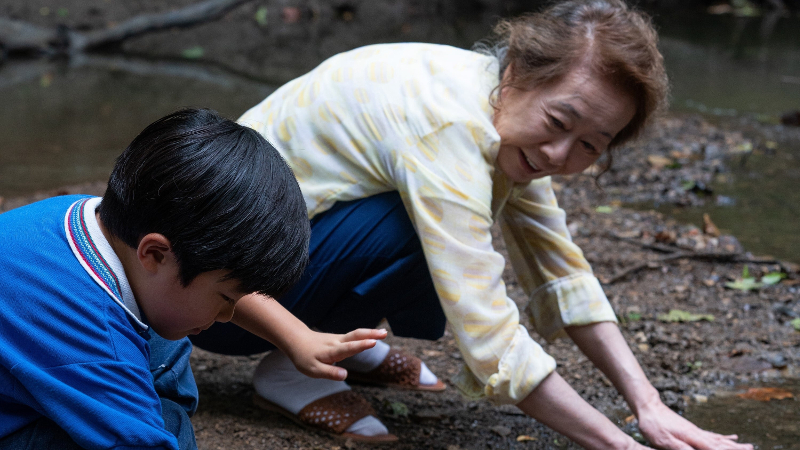Director – Lee Isaac Chung – 2020 – US – Cert. 12a – 120m
***1/2
The Korean immigrant experience in the US as a nuclear family set up a farm in Arkansas – on VoD from Friday, April 2nd, in drive-in cinemas from Monday, April 12th and cinemas from Monday, May 17th
Jacob (Steven Yeun – Burning, Lee Chang-dong, 2018; Okja, Bong Joon Ho, 2017), Monica (Yeri Han) and their two kids Anne (Noel Kate Cho) and David, 7 (Alan S. Kim), drive out to their new home in Arkansas. She is a little horrified that the home is a trailer on wheels supported by a basic frame, but he is thrilled that they have land with the best dirt (i.e. for growing things) America has to offer. They are surrounded by a vast area of countryside and woodlands. They speak mostly Korean, but are fluent in English and occasionally use it.
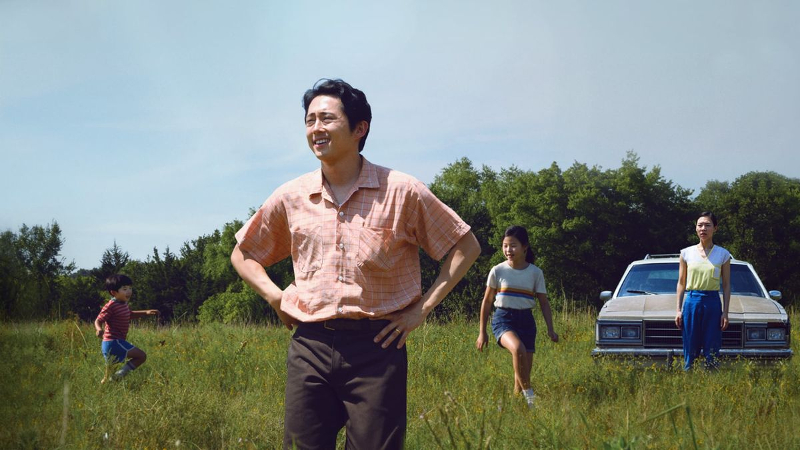
Eschewing the advice of a local water diviner, Jacob builds a well in some low ground where trees are nearby, reasoning that there must be water there. “Never pay for anything you can get for free,” he tells the attentive David, reminding him that in California, where they’ve moved from, they had nothing. He tells Monica that they should only need to work at the local chicken sexing factory three years before they’ll be making enough from the farm to quit those jobs.
Securing a loan in a nearby town, Jacob accepts delivery of a tractor and makers friends with the self-proclaimed “hard worker” who brings it Paul (Will Patton) who is looking for farm labourer’s work. Jacob takes him on. Paul is extremely religious and give to practising both prayer and exorcism in public on occasion.
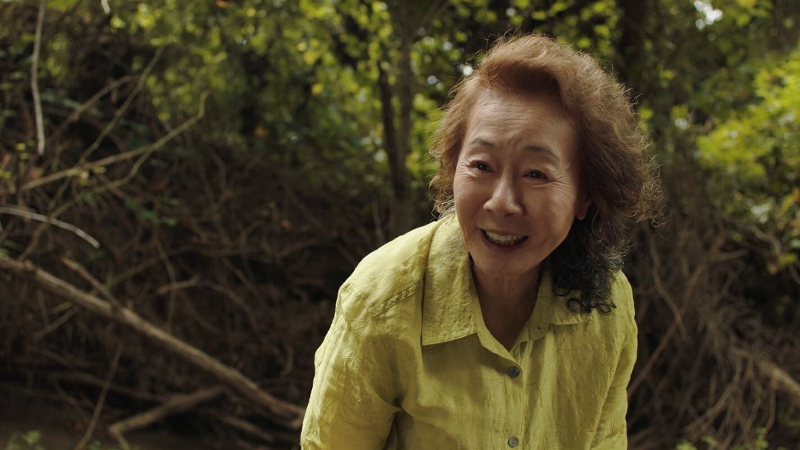
A row with Monica is diffused when Jacob agrees that her mother Soonja (Yuh-jung Youn – The Housemaid, Im Sang-soo, 2010; Woman Of Fire, Kim Ki-young, 1971) can come and live with them. The weather, the land and caring for an elderly relative will throw a number of challenges at the family. How well will they cope?
The family are ethnic Korean but unashamedly American in spirit. Which makes the movie feel less like a Korean movie and more like a US film where everyone just happens to speak Korean with English subtitles most of the time. It’s the American Dream where anyone can come in, work hard and make something of themselves. At least in theory.
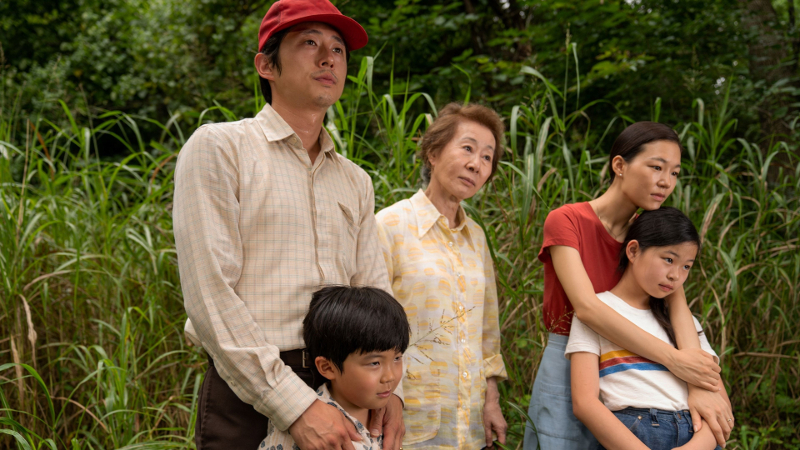
Most of the time is spent with the father, the boy or, once she arrives from Korea, the grandma (the wife and the daughter get surprisingly short shrift) while Paul is unsurprisingly a secondary character. The title comes from the name of a Korean plant, seeds of which grandma brings with her and plants in a little wooded creek. The family find all manner of obstacles in their path as they attempt to build a successful farm, but through it all, the minari grows steadily in its chosen location, a constant amidst the ups and downs of everyday life.
The performances are striking, most particularly the small boy who draws you in without any kind of saccharine sentiment. He’s just a small boy, curious about the world around him, mucking in as required, and occasionally getting into mischief (e.g. replacing grandma’s bowl of broth with pee.)
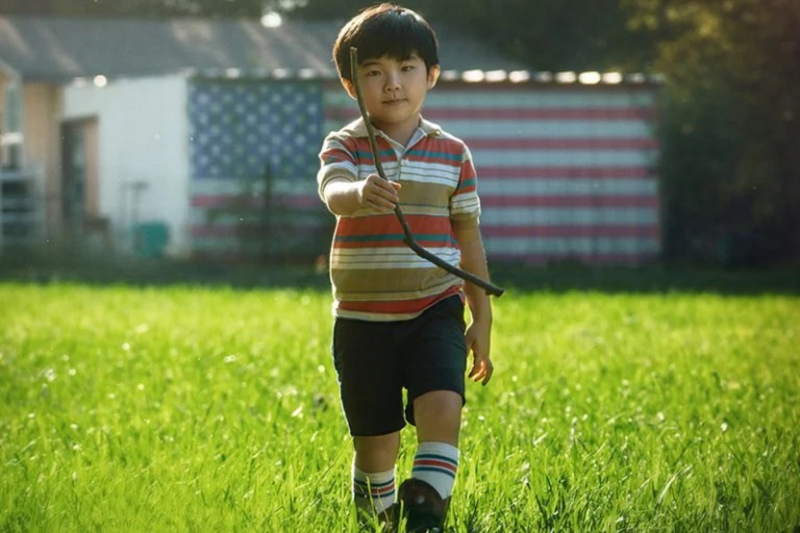
Other elements break up the work and home life scenes on the farm. At the chicken sexing plant workers, some of them likewise Koreans, are required to separate live female chicks from their males counterparts – which get incinerated because there’s no market for them. At the local church, on Sunday, newcomers are asked to stand up so they can be welcomed by the regulars.
The film engages up to a point and is definitely worth seeing, although I wanted something more from it than it had to offer. In fairness, I watched it on the small screen because of the pandemic, and it’s possible that its slow pacing and outdoor farm- and woodland vista will benefit considerably from a big screen once cinemas reopen. For that reason, it might work better as a drive-in movie.
Minari is out on VoD in the UK from Friday, April 2nd, in drive-in cinemas from Monday, April 12th and cinemas from Monday, May 17th.
Trailer:
